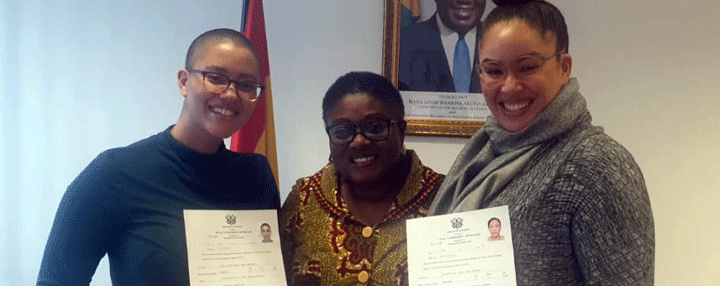Dual citizenship is a recently discussed topic in German politics, sparking debates among ruling parties. The issue of individuals holding two citizenships raises concerns for German officials, with arguments both for and against its benefits.
Supporters, including policymakers and politicians, argue that dual citizenship promotes cultural diversity, global connections, and economic opportunities, allowing individuals to contribute to both their home and adopted countries. However, opposing political wings express worries about potential conflicts of interest, loyalty issues, and challenges for decision-making when it comes to national security and other economic interests in foreign countries.
The implications of dual citizenship have become crucial as political landscapes evolve. Balancing national security concerns with individual rights is a delicate task for policymakers.
Recent developments in Germany highlight the ongoing nature of the dual citizenship discussion. A proposed reform, initially set for its first reading in the Bundestag on the 9th of November 2023, has been postponed due to disputes within the governing coalition. The reform aims to allow dual citizenship in certain cases, like for children born to German parents or individuals from non-EU countries. It also seeks to simplify citizenship pathways for members of the "Gastarbeiter" generation that arrived in the 1960s.
The proposed changes, if implemented, could take effect in April 2024, enabling multiple citizenships and streamlining the naturalisation processes in Germany.
Tano Omaboe
Sidebar
Magazine menu

 Teline V
Best News Template For Joomla
Teline V
Best News Template For Joomla
27
Sat, Jul
22
New Articles










